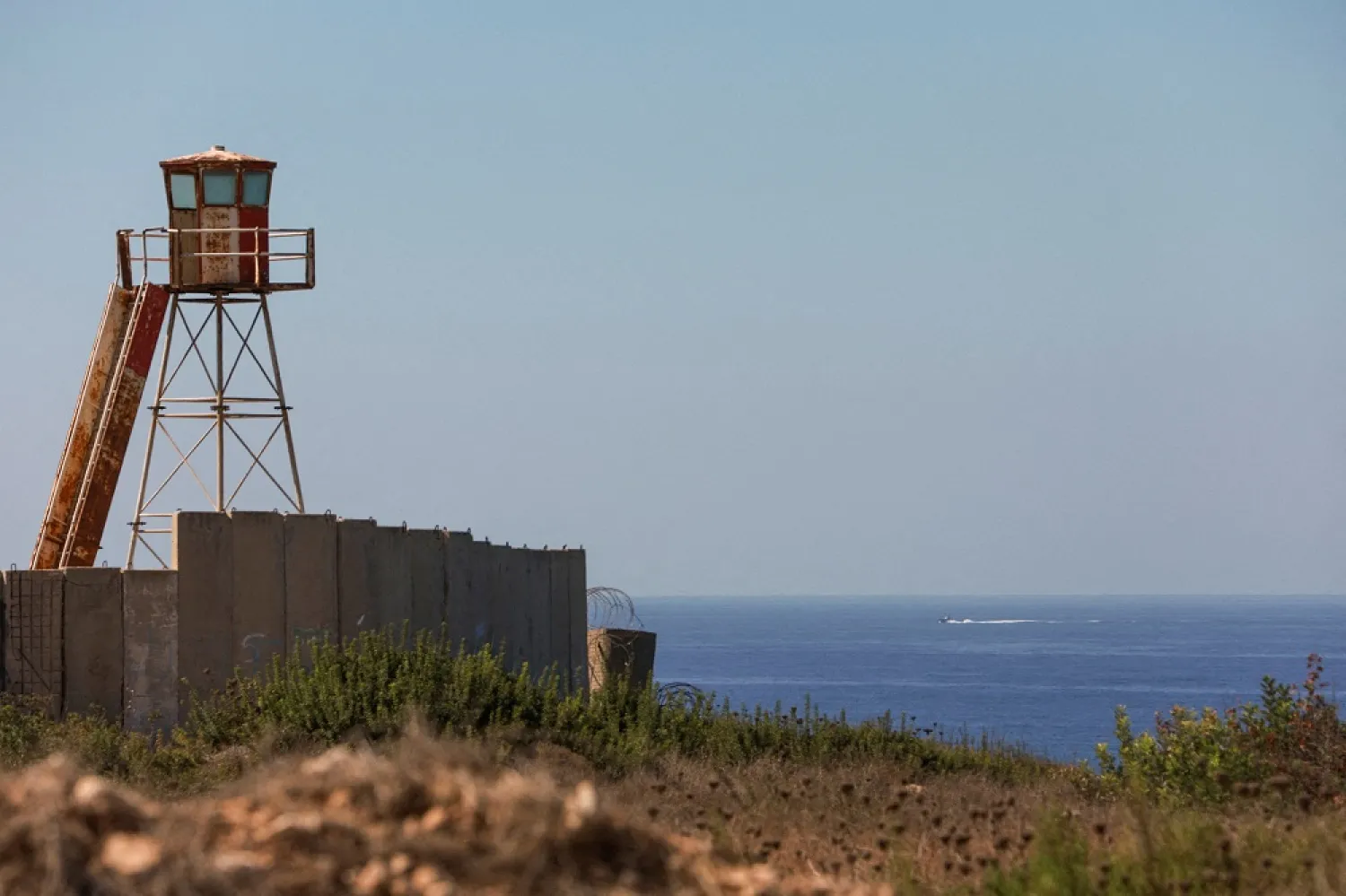Lebanon's president, Michel Aoun, announced on Thursday his country's acceptance of the US-brokered maritime border deal with Israel, saying talks had come to "a positive end."
Aoun said the deal represented an "historic achievement" in which Lebanon regained 860 square km (around 330 square miles) of disputed maritime territory but insisted it did not pave the way to normalization of relations with Israel.
"This indirect agreement responds to Lebanon's demands and preserves our rights in full," said Aoun, who was keen to secure the deal as the crowning achievement of his six-year term, which ends on Oct. 31.
Lebanon was also pushing for the agreement as a possible means to pull the country out of a three-year financial meltdown that has left more than 80% of the population poor and cost the local pound more than 95% of its value.
"I hope the end of these negotiations will be a promising beginning that lays the foundation for the economic recovery that Lebanon needs," Aoun said.
Minutes after Aoun spoke, US energy envoy Amos Hochstein, who mediated the agreement, said he hoped TotalEnergies and Italian multinational energy company ENI would begin preparing for gas exploration within weeks.
The two had won a bidding round to explore in Lebanese maritime waters alongside Russian firm Novatek, which pulled out last month.
Parliament Speaker Nabih Berri told Asharq Al-Awsat that the deal does not require a debate at parliament, "because it is not an agreement with Israel."
He announced that lawmakers will receive a copy of the deal, amid calls for the parliament to meet so that MPs can discuss it.
The maritime deal will open the door to more exploration on both sides but does not resolve a longstanding disagreement over the land boundary between Israel and Lebanon.
Still, Aoun said it would grant "stability" on both sides of the border.
His announcement does not officially mean the deal has come into force. According to a draft text seen by Reuters, the understanding will take effect once Lebanon and Israel send letters to Washington, which will issue a notice announcing the deal is in place.
Israel and Lebanon are then to send the coordinates of the border to the United Nations to be officially recognized.
Aoun said the next step would be to hold talks with neighboring Syria to resolve disputed borders with it, and then discuss maritime boundaries with Cyprus.









